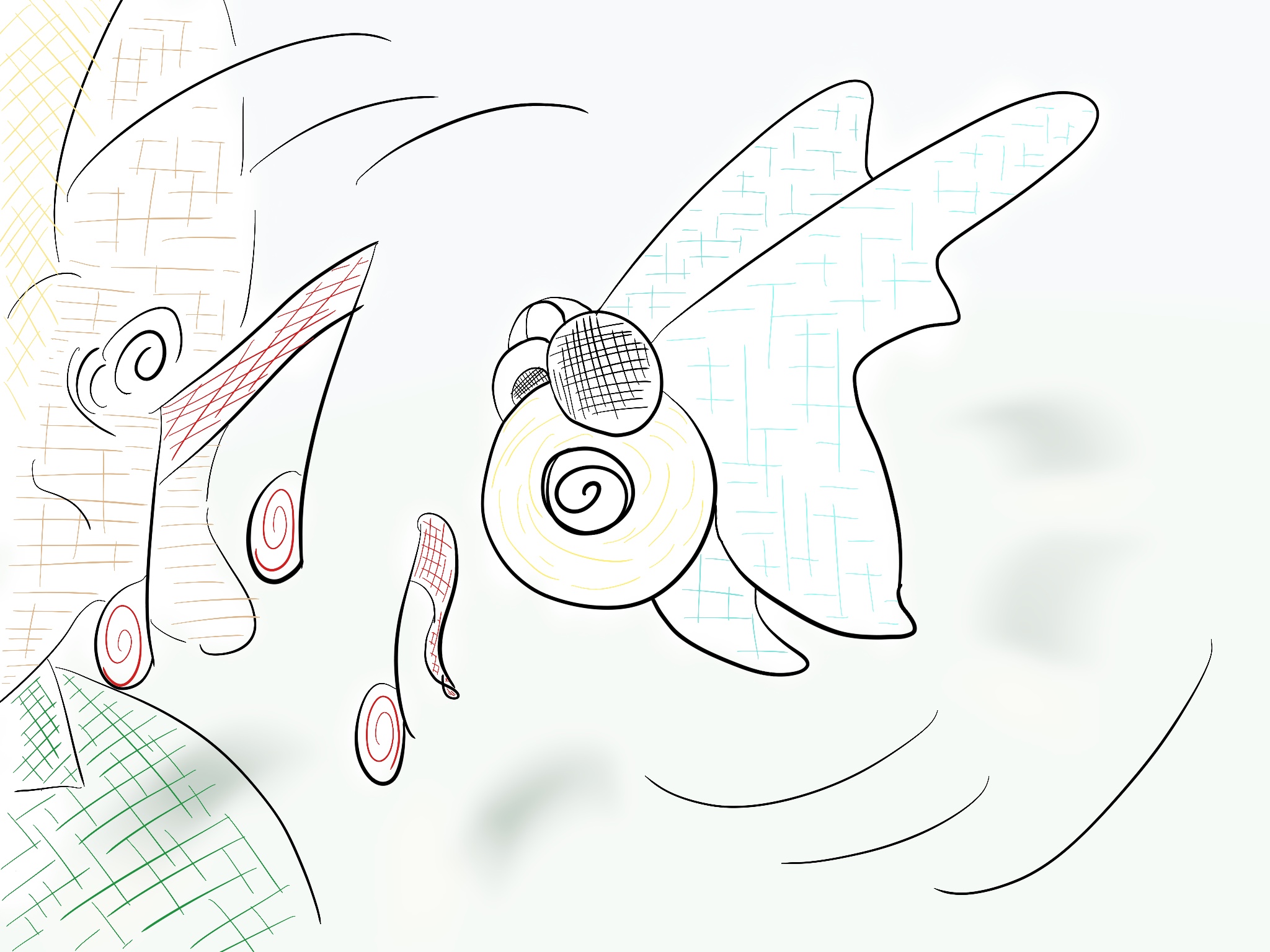As of late, I have been submerged in the world of Octopath Traveler, the latest AAA title from SQUARE ENIX as of this writing. In addition to the neck-deep gameplay and strategy, the game also featured something that has not been seen in a AAA SQUARE game for around 20 years; pixelated graphics! Although the game boasts about using the infamous Unreal Engine 4 (wink, wink) and middleware such as CRIWare, the game’s graphical designers opted for a throw-back so far in the past your mama probably didn’t know your papa then (well not unless you are as old as someone like me). Growing with great games in the NES and SNES days made me appreciate this game so much, every bit of it. And the bit I am most eager to talk about today is something I haven’t even mentioned yet…
Let me take a step bak and talk about a tweet a fellow game developer sent the other day. Better yet, here is the link to the tweet:
The text in the tweet translates roughly to: “Battle music attempt using Arabic tunes. It is only an attempt, thoughts?”
Now the fellow game developers were certainly generous in their words of constructive comments and encouragement, but that got me to think “why hasn’t anyone done this before?”, I mean to say: Why isn’t game music more themed towards a set culture instead of the globalized norm? It certainly would give a game great flavor… But based on the general comments that came from the fellow game developers, there might be a specific matter that needs examining.
Going beck to Octopath Traveler, the thing that most excited me was its soundtrack. Remember how it chose pixel art over realistic cutting-edge graphics? Well it turns out that the development team also chose to compose music that tips the hat for the old 8 and 16-bit days, not in the sound sampling mind you (the game features a masterful orchestral soundtrack as far as I could tell) but in composition. What is the difference? Well I am annoyed you asked, but I will try to explain anyway…
Sound samples are the actual instruments (or software emulation of those instruments) that are used in a track, while composition is the overall ark of the music piece, the highs and lows, where it stops or picks up, speeds up or slows down, etc… Think of composition as forming a sentence (are you forming a verbal or nominal sentence?) Then the music sampling as the tool you use to write the sentence (do you use a pen, or a pencil?)
So, when I say the composition in Octopath Traveler is a throw back to the old 8 and 16-bit days, I mean it in the sense that the “sentences” formed in the musical pieces are very similar to those found in the olden days. Games like FINAL FANTASY VI for example were released on a system that barely has sound capabilities, by today’s standards of course. The 8 and 16-bit days limited artists so much that they had to focus on bare tones to make music for the games. Focusing on a single tone meant that that tone had to stand out and be instantly recognizable (think of Mario, Zelda, Sonic, and other icons from that era). Focusing in such a way has a specific benefit: It enabled tones from specific regions in the world, such as desert, tropical, or Asian regions to stand out even more, and that of course adds flavor to the game.
In Octopath Traveler, there were desert regions (Arabian inspired specifically) and the music there certainly carries dust and heat with it, take a listen to one of these tracks:
Upon listening you might not hear the distinction you heard when you listened to the “Hey, Listen – A” track. That is because the composer here was careful in presenting a track that can be enjoyed by a global audience. However, you can see instances where the Arabic tone can be felt, only instances though. And here comes the bit about the composition being similar to the composition of the old days; having these instances where flavor is tasted in a track grounds the thoughts in a specific setting, or location, just like the 16-bit composition did in FF6 for example. But here you also hear other global sounds mixed with those unique flavorful instances, that is believed to be part of the brilliance behind the music composition for any good game nowadays.
So, how did the Octopath soundtrack manage to sound both global and flavorful at the same time?
Another aspect that can be examined in game music is structure; when does a soundtrack start over, and can we tell that it is ending or starting over? That can very much help in further examining the difference between the globalized music and the cultural specific art. So maybe next time we can look into that aspect.


Recent Comments